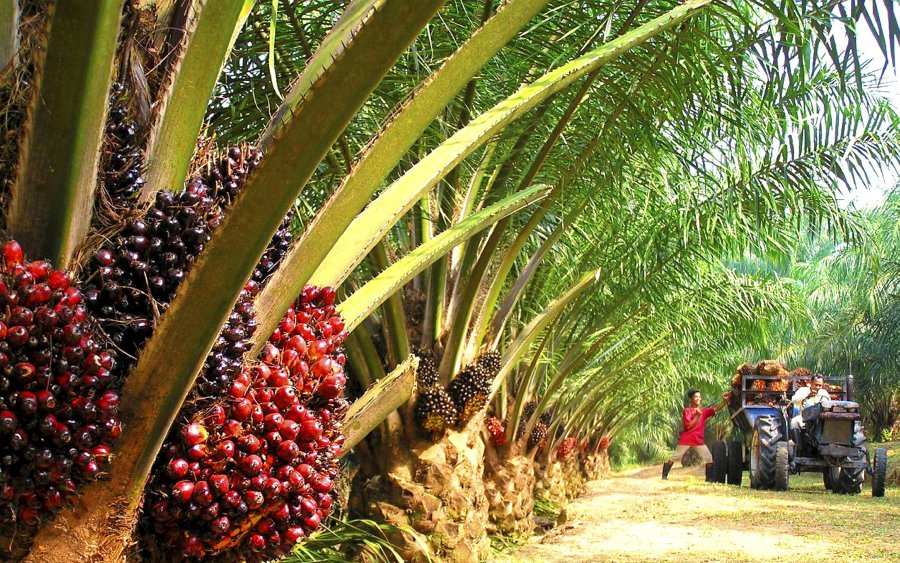The Governor of the Central Bank of Nigeria, CBN, Mr. Godwin Emefiele, claims Nigeria lost a whopping $20 billion to the neglect of the Oil-Palm industry.
This claim was made on Monday, by the Central Bank Chief, while unveiling his new monetary policy road-map for his second 5-year term (2019-2024), at the CBN headquarters in Abuja.
Emefiele lamented on the increasing reliance on crude oil as a source of revenue for the country, noting that since the discovery of the mineral resource, there has been an increasing reliance on crude oil revenues which in-turn led to a severe downturn in the agriculture and manufacturing sectors.

“Regrettably, the discovery of crude oil and the increasing reliance on crude oil revenues led to a severe downturn in the agriculture and manufacturing sectors, while also exposing our economy to the vulnerabilities that normally accompany an increased dependence on a single commodity for survival.” – Emefiele
[READ ALSO: What government must do to boost oil-palm production]
The Central Bank boss further revealed that if Nigeria had maintained its market dominance in the palm oil industry, which stood at 40% in the 1970s, we would be earning above $20 billion annually from the cultivation and processing of palm oil today.
Smuggling activities: Mr Emefiele, however, highlighted that Nigeria’s situation was further worsened by the unpatriotic activities carried out by some individuals and businesses who are involved in massive smuggling and dumping of products which can be locally manufactured.
“Our situation is further worsened by the unpatriotic activities of some unscrupulous individuals and businesses who embarked on massive smuggling and dumping of goods that can be produced in the country thus leading to the demise of our agricultural and manufacturing sectors and hence the attendant high level of unemployment“.

Nigeria’s Palm Oil Production: According to the 2018 United States Department of Agriculture (USDA) data, Nigeria produced a total of 1 million metric tonnes of palm oil out of the 73.3 million metric tonnes global palm oil production in 2018.
The industry has over time witnessed a downturn with its contribution to global market share at a meagre 1.4% as of 2018
The CBN governor stressed that the revenues generated from the export of palm oil will provide a sufficient buffer for the nation, following the drop in crude oil prices.
Get the latest insight into Nigeria’s Exports
Furthermore, the production and export of oil palm in Nigeria substantially contribute to the nation’s external and agricultural sector’s gross domestic product (GDP) as it composes of about 15% to 20% of Nigeria’s total exports.
Policy actions: The apex bank has, however, outlined measures to discourage the smuggling and dumping of the 43 restricted items into the country. This measure will be a boost to policy execution as it will aid the efforts to support local cultivation and production of goods in areas such as cotton, rice, oil-palm, etc.























